BIR President Susie Burrage OBE emphasized that steel produced from recycled content using electric arc furnace (EAF) technology can reduce emissions by up to 74% compared to traditional blast furnace production. “It is vital that policy frameworks accurately reflect this reality,” stated Burrage. “We do not want discrimination — we want a level playing field. Environmental claims must be based on real data, and the role of recycling in decarbonization must be fully acknowledged.”
BIR stressed that the definition of “green steel” should be based not only on the production method or raw material source, but also on the full life-cycle emissions. The organization also called for a minimum recycled content requirement in steel products used in public procurement, as a way to support the circular economy.
BIR Director General Arnaud Brunet stated that public policies play a critical role in promoting low-carbon steel production, but the benefits of recycling must be clearly understood in the process. “Restricting the supply of recycled steel undermines decarbonization and slows progress,” he noted.
While opposing barriers to cross-border trade in recycled steel, BIR offered the following recommendations to policymakers:
-
Base green steel standards on actual and measurable emissions
-
Reject export restrictions on recycled steel
-
Promote the use of low-carbon steel through public procurement and incentives
-
Invest in infrastructure to increase recycling rates
-
Involve the recycling industry in policy-making processes
“Recycling is a key partner in the transition to a cleaner and more circular economy,” Burrage concluded. “Defining the green steel framework correctly is not only about fair competition but also about delivering on climate and resource efficiency promises.”
BIR represents more than 30,000 recycling companies operating in 71 countries around the world.



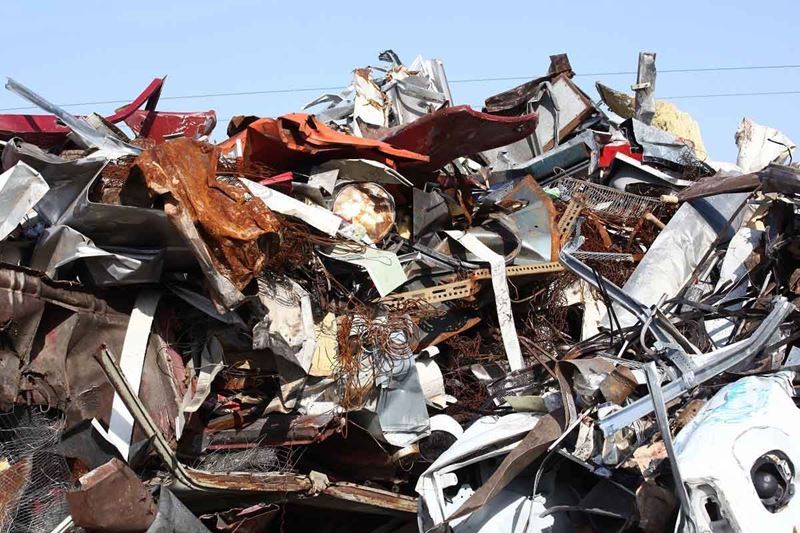
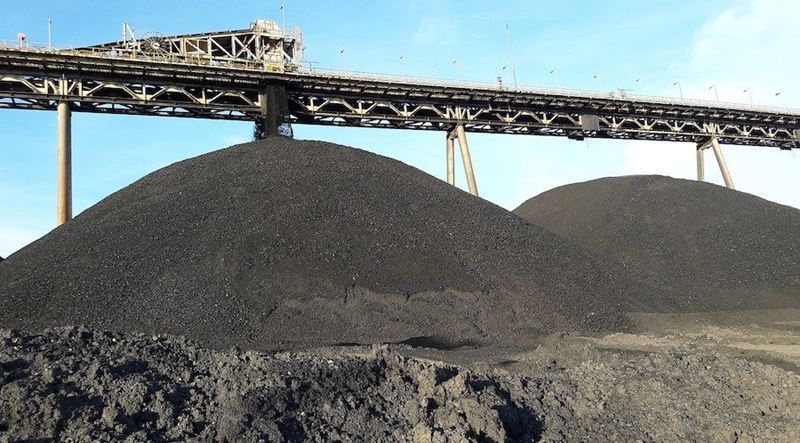
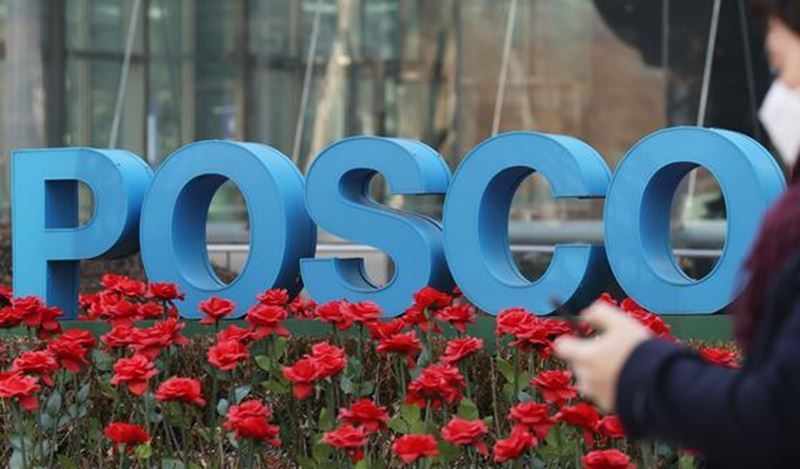
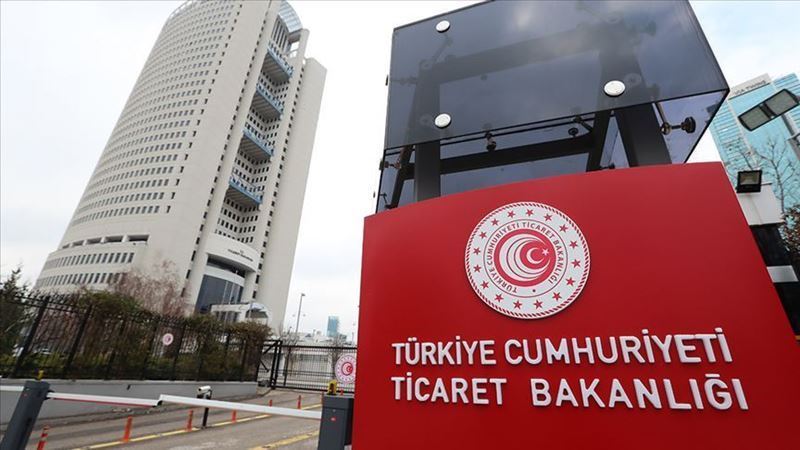
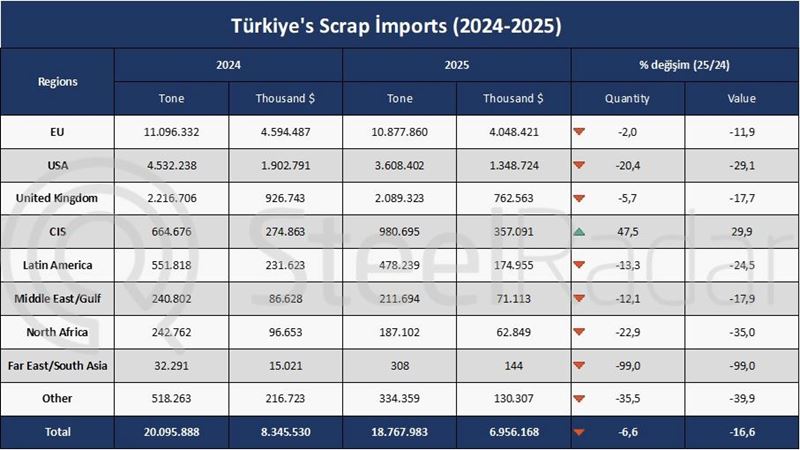
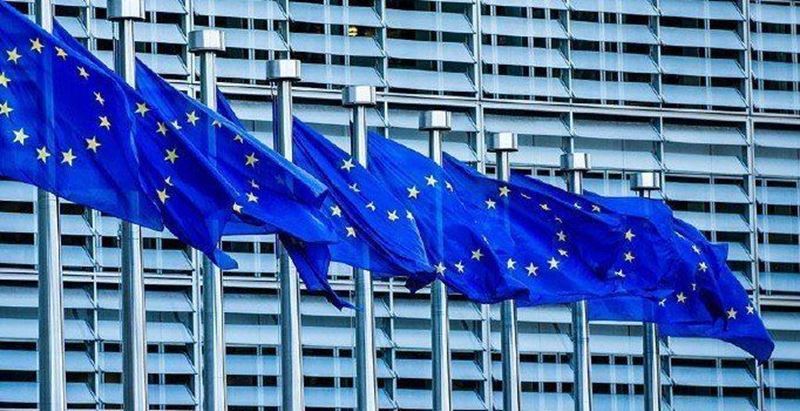


Comments
No comment yet.